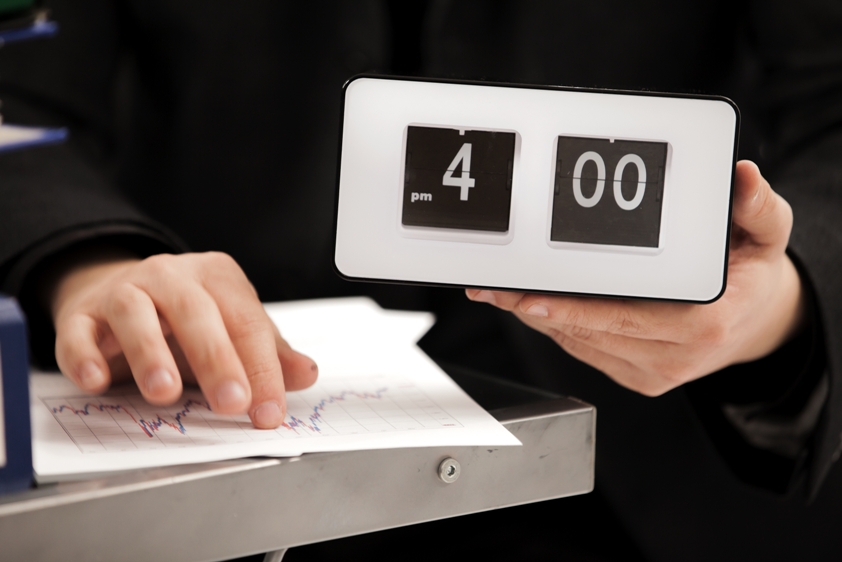Employee vs. Independent Contractor in California: Why It Matters in 2025
 If you’re hiring someone to do work for you, one of the most important questions you can ask right now is: Are they an employee or an independent contractor?
If you’re hiring someone to do work for you, one of the most important questions you can ask right now is: Are they an employee or an independent contractor?
It might seem like a small detail, but that classification changes everything. Benefits, taxes, protections – everything is different. And in California, where the laws have shifted dramatically in recent years—especially after AB5 and Prop 22—this question matters more than ever in 2025.
At Knez Law Group, LLP, we understand how confusing California’s employment laws can be, especially when you’re just trying to do things the right way. If you are a business owner trying to stay compliant, our team is here to help you make sense of it all.
What’s the Difference Between an Employee and an Independent Contractor?
So, what’s the real difference—and why does it matter so much?
Understanding whether someone is an employee or an independent contractor isn’t just about job titles. It affects everything from paychecks to your legal protections. Here’s how the two roles break down in California:
- Employees work for a business. They’re protected by wage laws, workers’ comp, unemployment insurance, and more.
- Independent contractors work with a business. They usually have more control over how and when they work, but they don’t get benefits or the same legal protections.
That sounds simple enough. But in California, it’s not always clear where someone falls, especially if the work is remote, flexible, or project-based.
Why Is This Such a Big Deal in California?
Over the last few years, California has passed laws that make it harder for businesses to classify someone as an independent contractor. This started with Assembly Bill 5 (AB5), which took effect in 2020 and introduced a strict test to determine worker status.
Even now in 2025, people are still confused. That’s partly because the law keeps evolving. Gig companies pushed back hard after AB5, which led to Prop 22. This was a voter-approved measure that gave certain app-based drivers contractor status with some benefits.
The ABC Test: How Worker Status Is Decided in California
The traditional control test (Borello Test) remains in place, which focused on the degree of control by the hiring company. AB5 added on to the test. At the heart of AB5 is the ABC test. A worker is only considered a contractor if all three of the following are true:
A. The worker is free from control or direction by the hiring company.
That means the company isn’t telling them how to do the work or when to do it, just what needs to get done.
B. The work performed is outside the usual course of the business.
For example, a bakery hiring a plumber is okay. But a bakery hiring a cake decorator? That’s likely considered core to the business.
C. The worker is engaged in an independently established trade or business.
This means they regularly do this kind of work on their own, often for other clients, with their own business license or brand.
If the worker doesn’t meet all three? They’re likely an employee under California law.
Who’s Still Considered a Contractor in 2025?
Some jobs and industries are exempt from AB5 and the ABC test. These include certain professionals like:
- Doctors
- Lawyers
- Accountants
- Real estate agents
- Freelance writers (if they meet certain limits)
- Some creative professionals, consultants, and B2B service providers
But even then, employers still must consider the traditional Borello test to make sure the classification is correct. That test looks at things like who provides tools, how much direction is given, and the worker’s level of independence.
So yes—it’s complicated. it varies in application based on multiple factors, including the type of work, the relationship, type of industry and practice, and even court decisions.
What About Gig Workers Like Uber and DoorDash Drivers?
This is where Prop 22 comes in.
Prop 22 created a new category for app-based drivers: not quite employees, not quite traditional contractors. It gave them some benefits, like minimum earnings and health stipends, but it also locked in their contractor status.
In 2025, this law is still being challenged in courts, but for now, if you’re driving for a company like Uber, Lyft, or DoorDash, you’re most likely still classified as an independent contractor under Prop 22. However, your benefits may depend on how many hours you drive and other conditions.
Contact Our Riverside Employment Defense Lawyers
Navigating California’s worker classification laws isn’t easy, especially when the rules keep shifting. But as a business owner, you don’t have to tackle it alone.
Whether you’re reviewing your contractor relationships, facing a misclassification claim, or just want to make sure your business is protected, Knez Law Group, LLP is here to help. With decades of experience defending California employers, our Riverside employment defense attorneys can guide you through your options, answer your questions, and help you stay compliant and confident.
Contact Knez Law Group, LLP today at (951) 742-7681 or fill out our confidential contact form.

Matthew J. Knez graduated from the University of Redlands in California with a Bachelor of Arts degree in Creative Writing. He then pursued his law degree at the University of La Verne College of Law in Ontario, California, where he earned various awards, including the CALI Award in Torts, and was on the Dean’s List. During his time in law school, Mr. Knez was a member of the Justice and Immigration Clinic, working with individuals seeking asylum in the United States from countries where they faced persecution or threats of persecution. Additionally, he was an Associate Editor for the Law Review and published an article on California family custody move-away cases. Learn more here.
